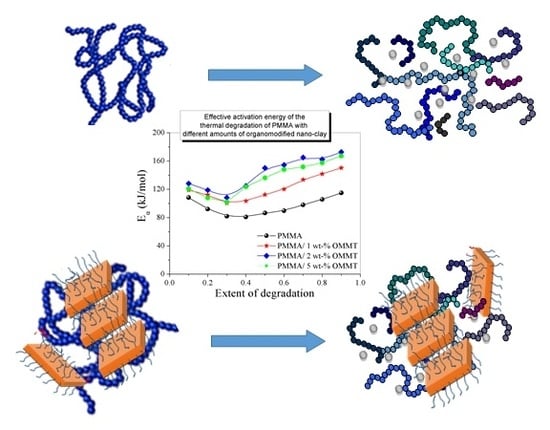86-592-5659128 (to8016)
anna@xmydx.com86-592-5659128 (to8016)
anna@xmydx.com
2025-05-08 17:19:48
If you’re in the silicone product manufacturing industry, understanding the thermal properties of silicone is crucial. A common question many ask is: What temperature does silicone melt? This blog will delve into the melting point of silicone, its thermal resistance, and why this knowledge is essential for your manufacturing processes. (Keyword: what temperature does silicone melt, silicone melting point, thermal resistance of silicone)
![]()
Silicone is a versatile material known for its exceptional heat resistance. Unlike many plastics, silicone can withstand extreme temperatures without degrading. The melting point of silicone typically ranges between 300°C (572°F) and 400°C (752°F), depending on the specific type and formulation.
However, it’s important to note that silicone doesn’t "melt" in the traditional sense. Instead, it undergoes a process called thermal degradation, where it loses its physical properties and becomes brittle at extremely high temperatures. (Keyword: thermal degradation, silicone heat resistance)

The unique molecular structure of silicone contributes to its thermal stability. Silicone is composed of a backbone of silicon-oxygen bonds, which are highly stable and resistant to heat. This makes silicone ideal for applications where high temperatures are involved, such as:
(Keyword: silicone applications, silicone heat stability)
![]()
To ensure your silicone products perform optimally, consider the following:
(Keyword: silicone grade, high-temperature silicone, silicone temperature limits)

Knowing the melting point of silicone and its thermal properties is essential for manufacturing high-quality silicone products. Whether you’re producing kitchenware, industrial seals, or medical devices, understanding silicone’s heat resistance ensures durability and performance.
At Xiamen Yidexin Silicone Rubber Industrial Co., Ltd., we specialize in creating premium silicone products tailored to your needs. Contact us today to learn more about our offerings and how we can help with your next project!
© 2016 XIAMEN YIDEXIN SILICONE RUBBER INDUSTRIAL CO.,LTD All Rights Reserved dyyseo.com
Online Contact
 86-592-5659128 (to8016)
86-592-5659128 (to8016) anna@xmydx.com
anna@xmydx.com sallyliao1985
sallyliao1985 xmydx02
xmydx02 +86-13606037597
+86-13606037597top